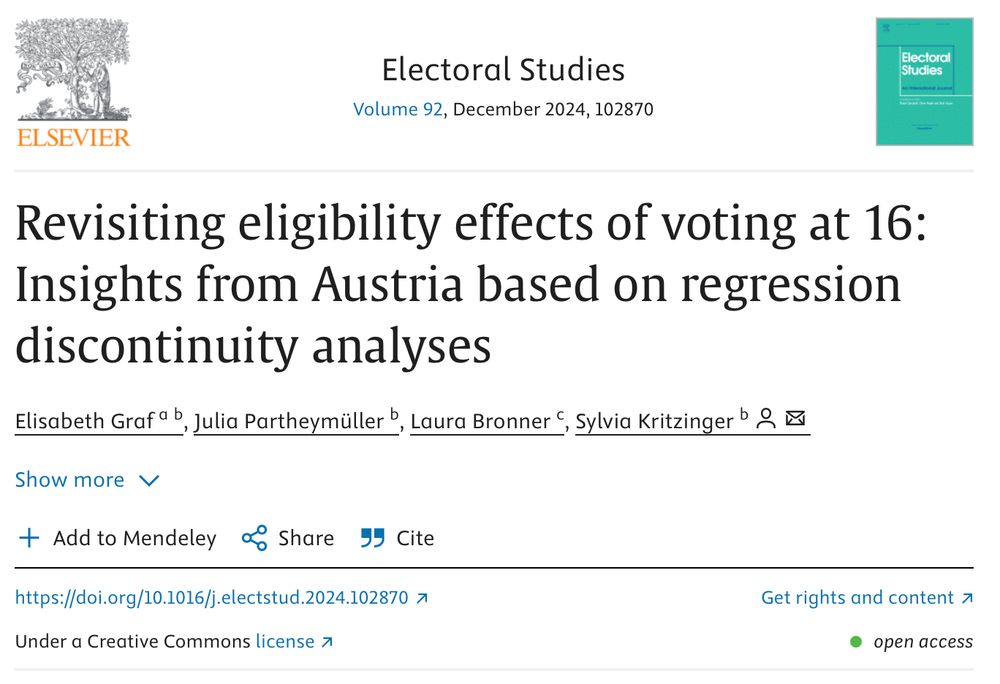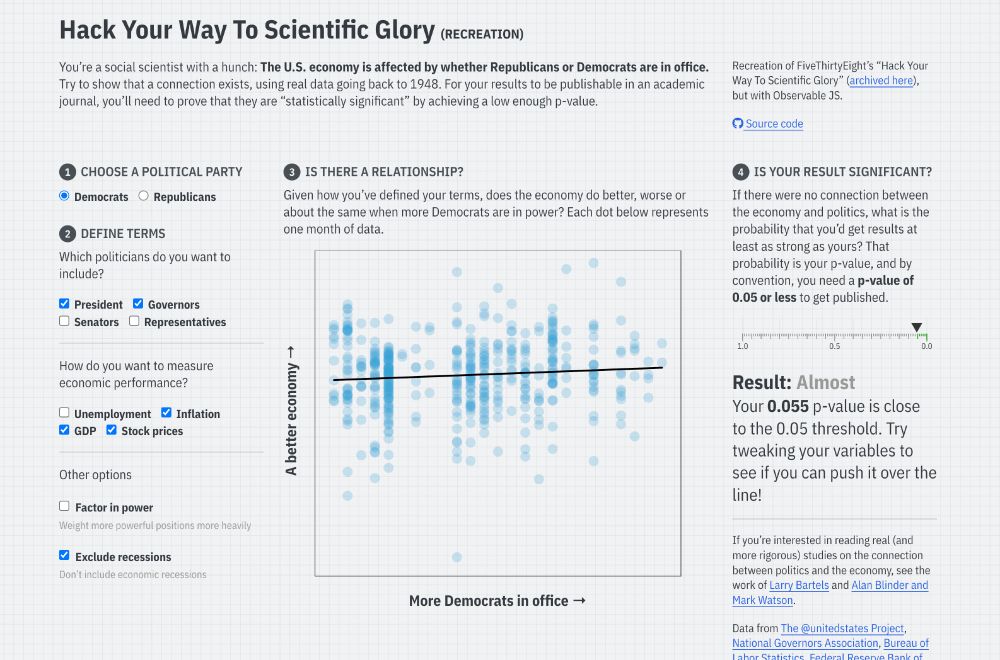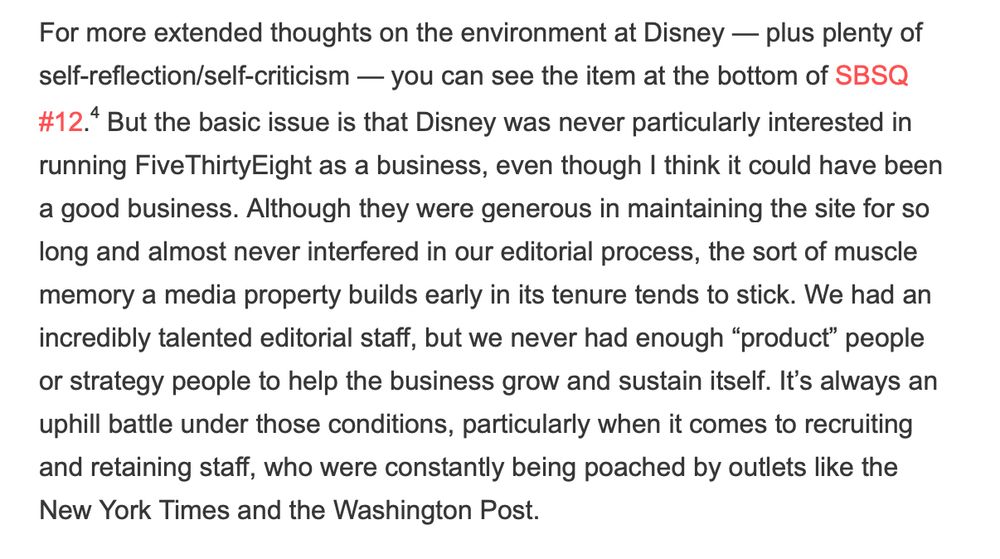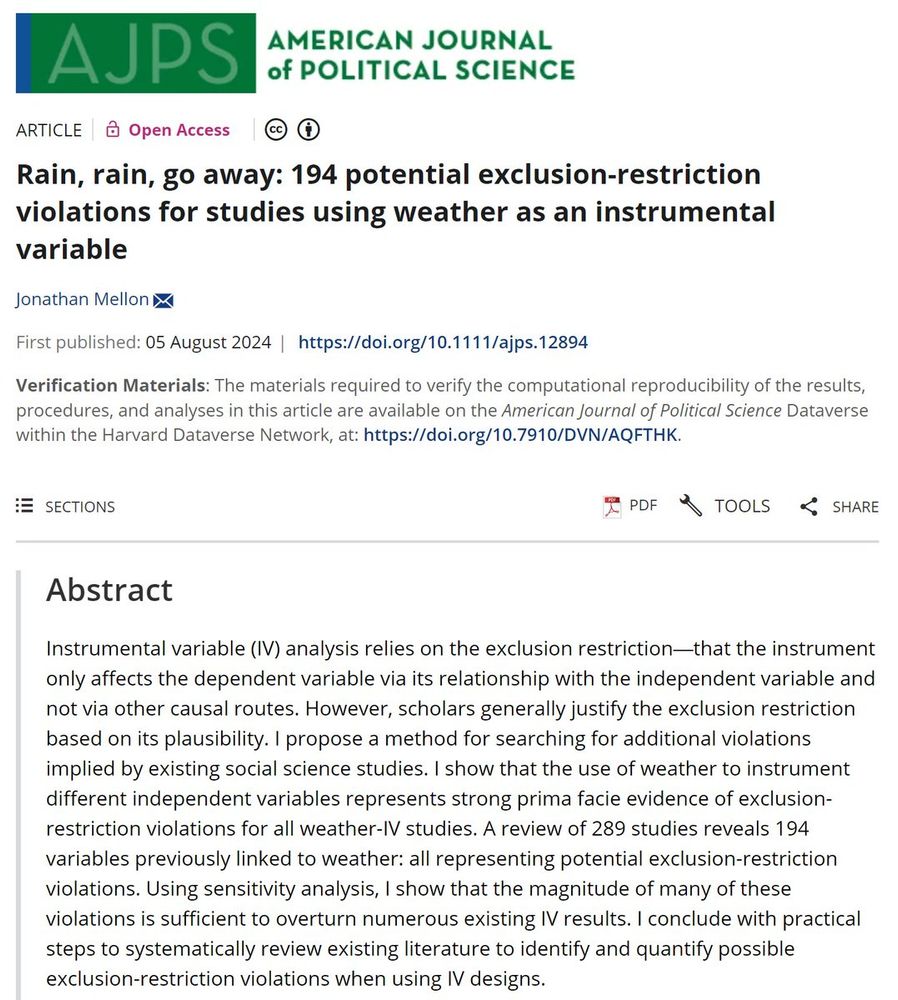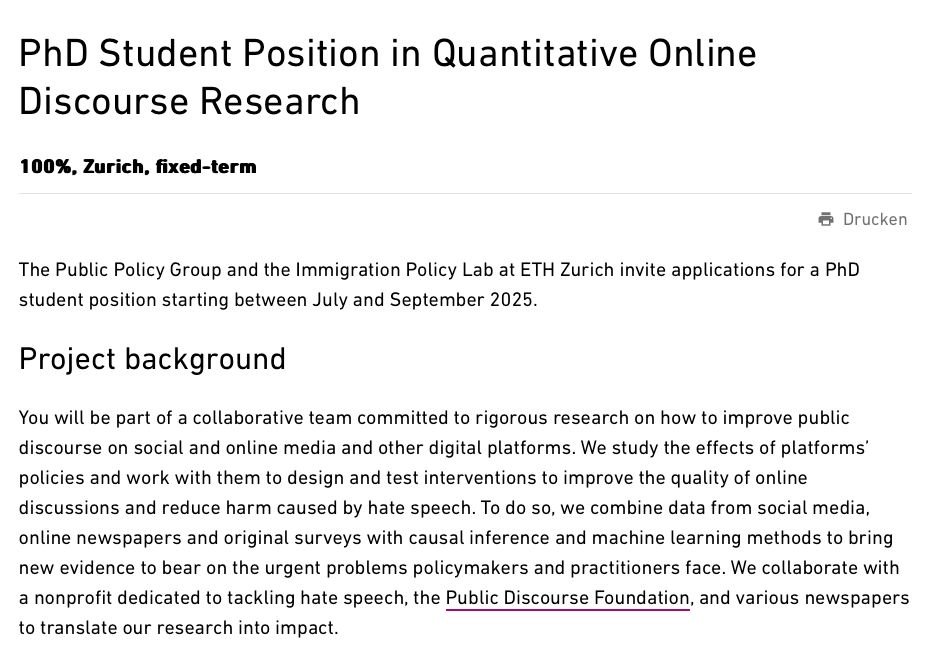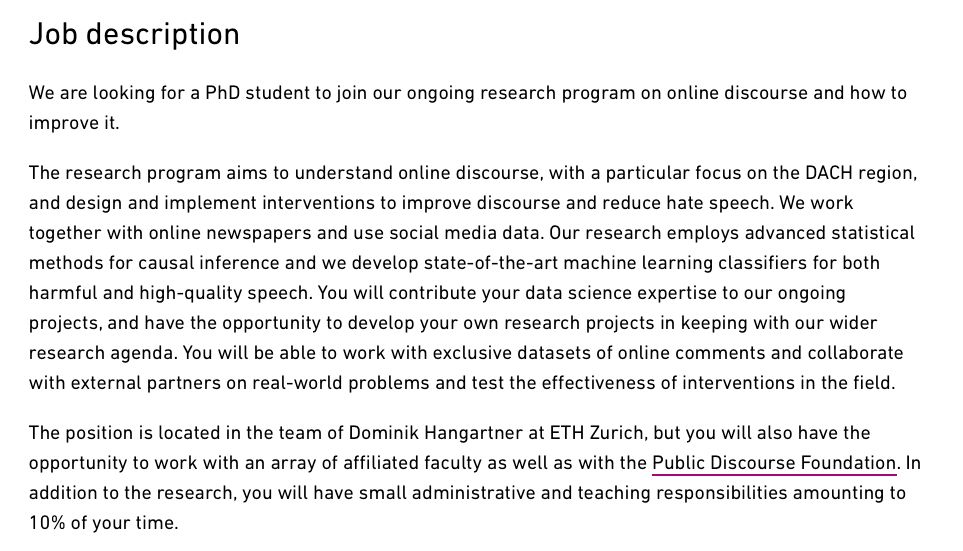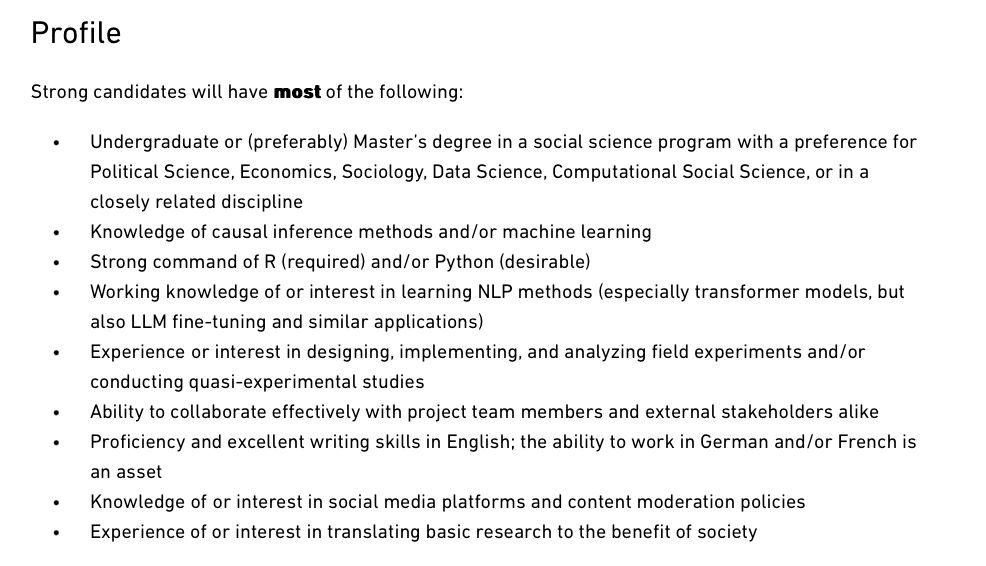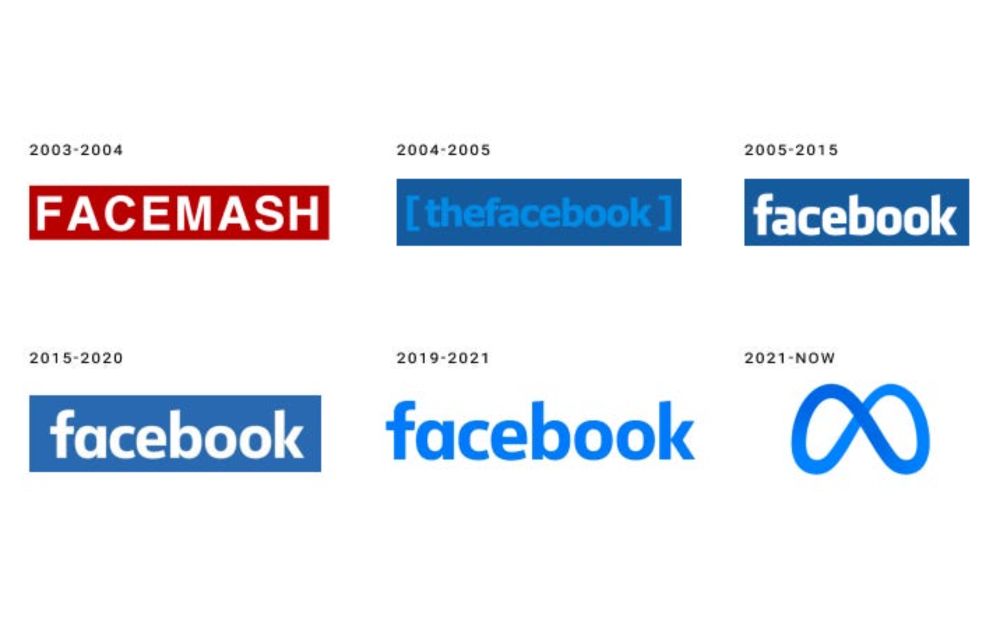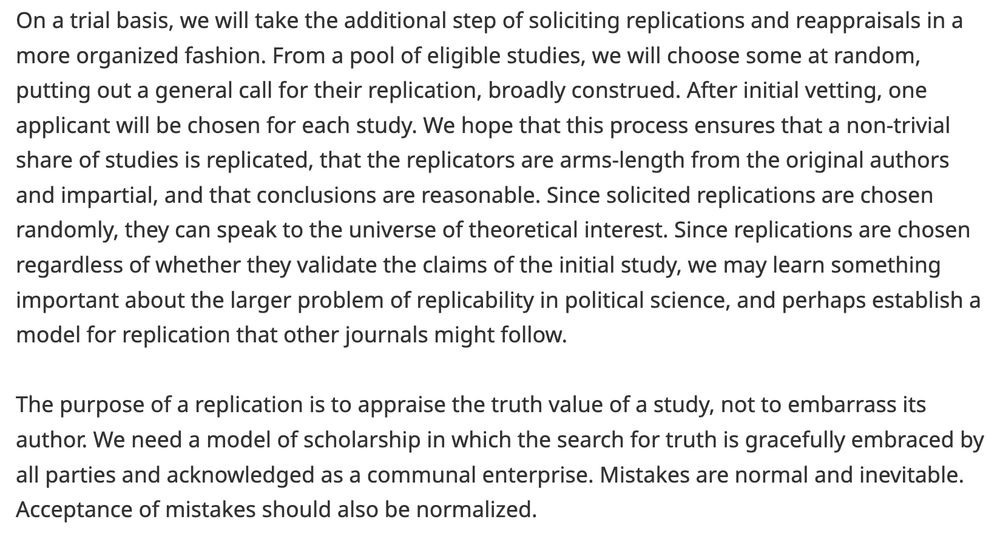Laura Bronner
@laurabronner.bsky.social
2K followers
230 following
41 posts
Scientific director, Public Discourse Foundation || Senior applied scientist, IPL/ETH Zürich || Data, media, experiments || Formerly FiveThirtyEight quant editor.
www.laurabronner.com
Posts
Media
Videos
Starter Packs
Pinned
Reposted by Laura Bronner
Reposted by Laura Bronner
Reposted by Laura Bronner
Reposted by Laura Bronner
